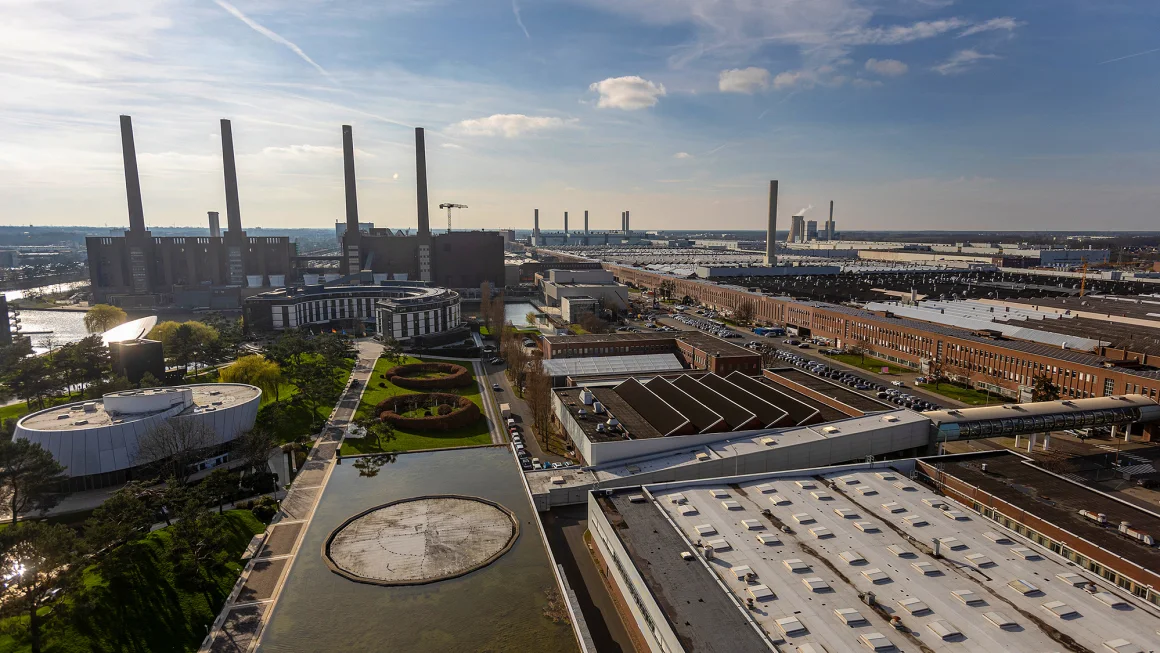
Volkswagen Considers Historic Plant Closures in Germany Amid Cost-Cutting Pressures
Volkswagen is considering closing its German factories for the first time in its 87-year history as it struggles with rising competition from Chinese electric vehicle (EV) makers and a tough economic climate. The automaker announced Monday that it may have to shut down some domestic plants and possibly terminate a long-standing employment protection agreement with labor unions.
"The European automotive industry is in a very demanding and serious situation," said Volkswagen Group CEO Oliver Blume, pointing out that Germany is losing its edge as a manufacturing hub.
Volkswagen’s difficulties are most evident in China, its largest market, where deliveries fell 7% in the first half of 2024, leading to an 11.4% drop in operating profit. The rise of Chinese EV brands like BYD also threatens Volkswagen’s position in Europe.
Blume emphasized that the company’s focus is on cost-cutting, targeting reductions in factory operations, supply chains, and labor expenses. However, these plans face strong opposition from labor unions. IG Metall, Germany’s powerful union, has criticized Volkswagen’s strategy, blaming mismanagement and pledging to protect jobs.
Volkswagen employs nearly 683,000 workers worldwide, with about 295,000 in Germany. The company is preparing to enter urgent talks with employee representatives to explore sustainable restructuring options in response to the crisis.
Stichworte







